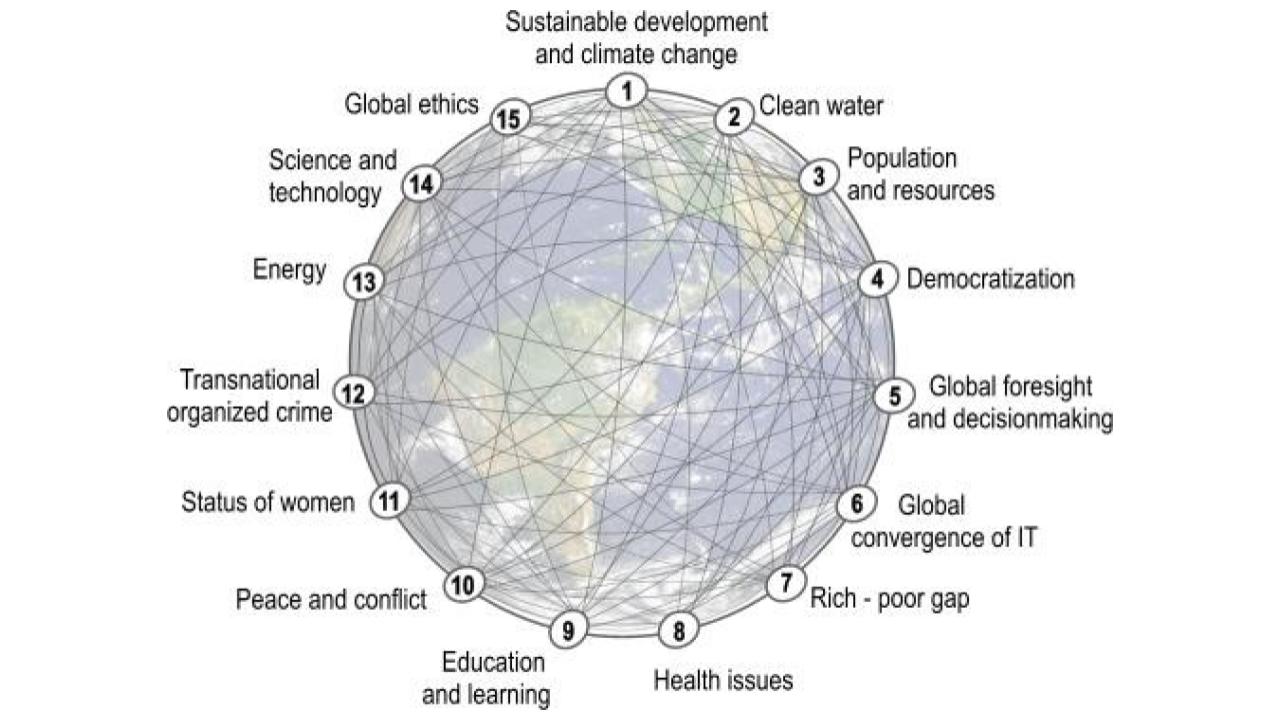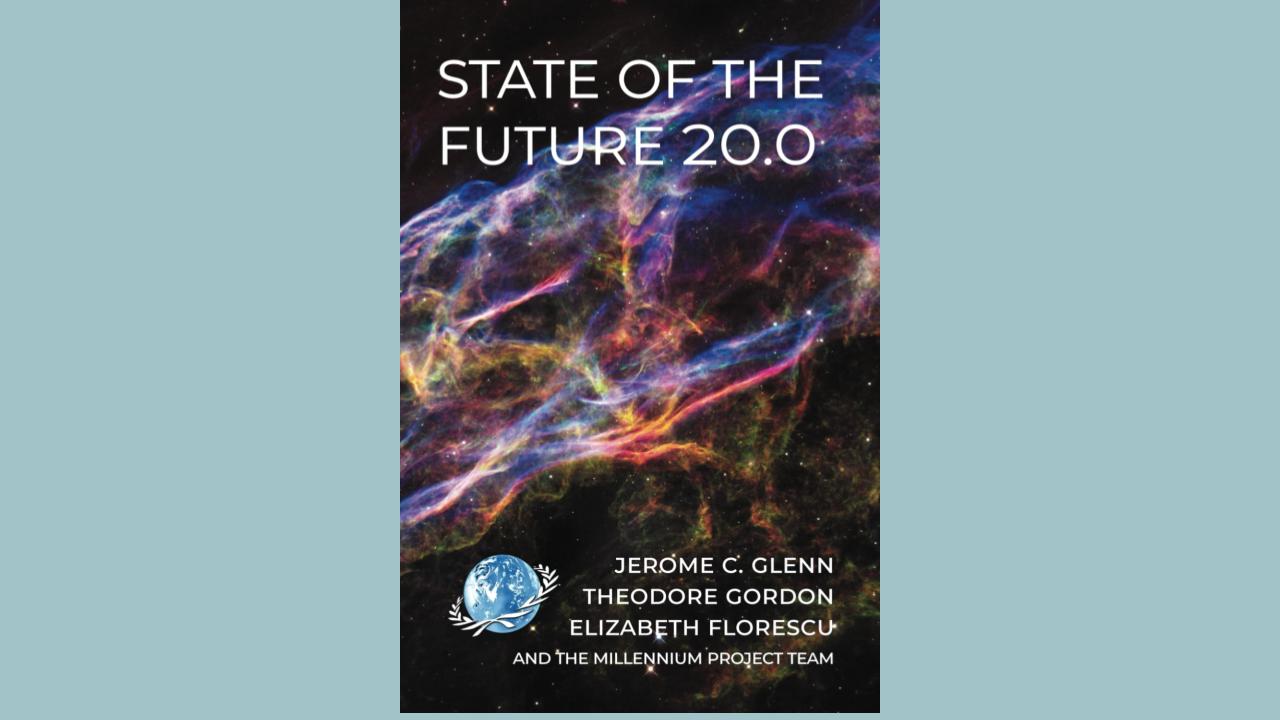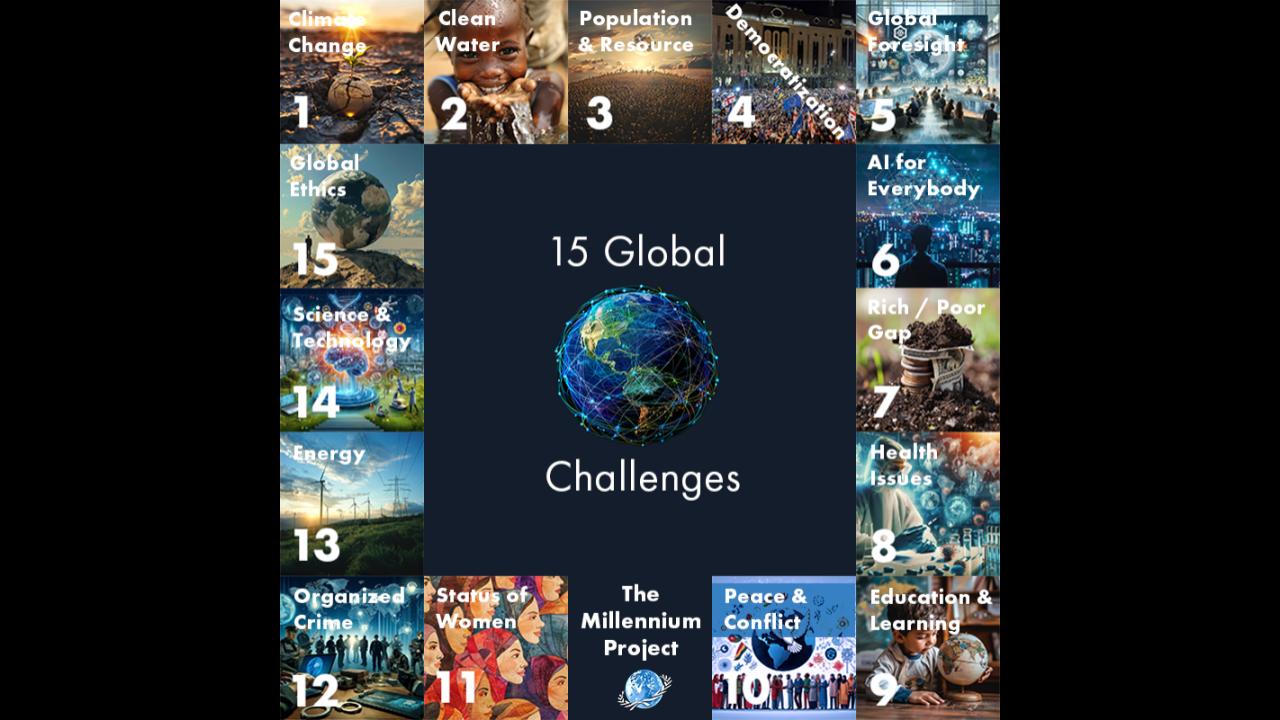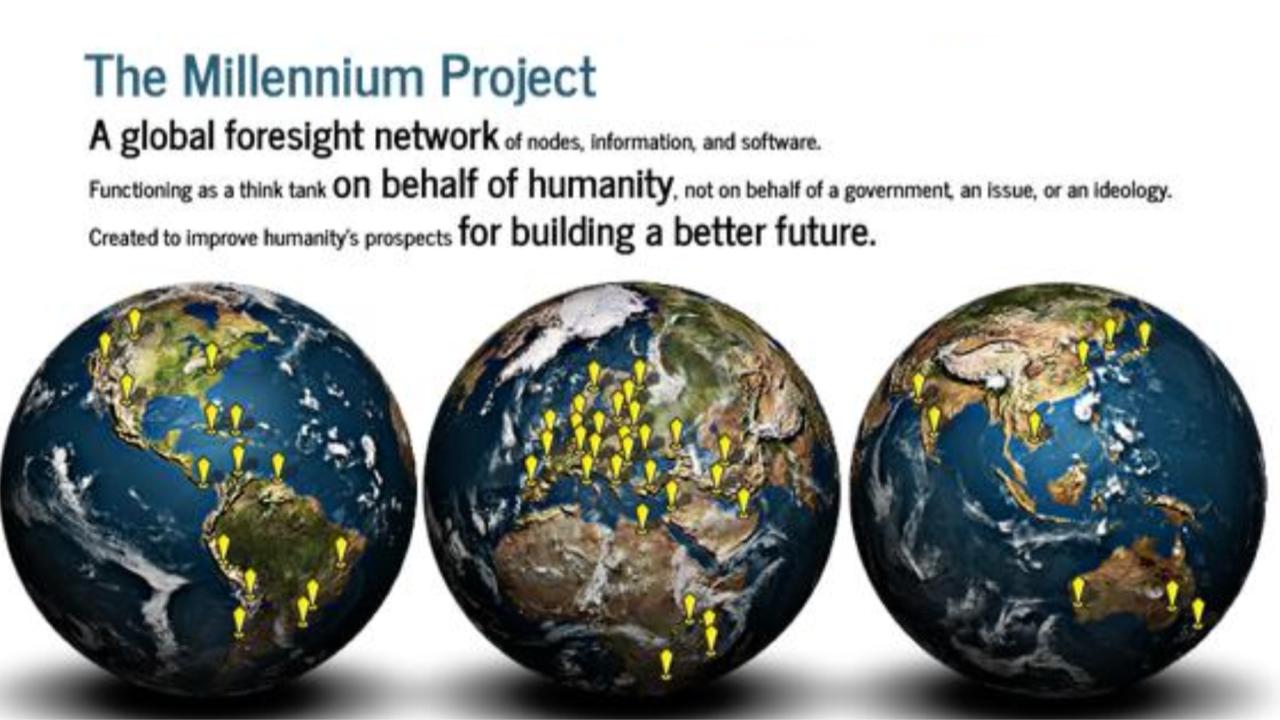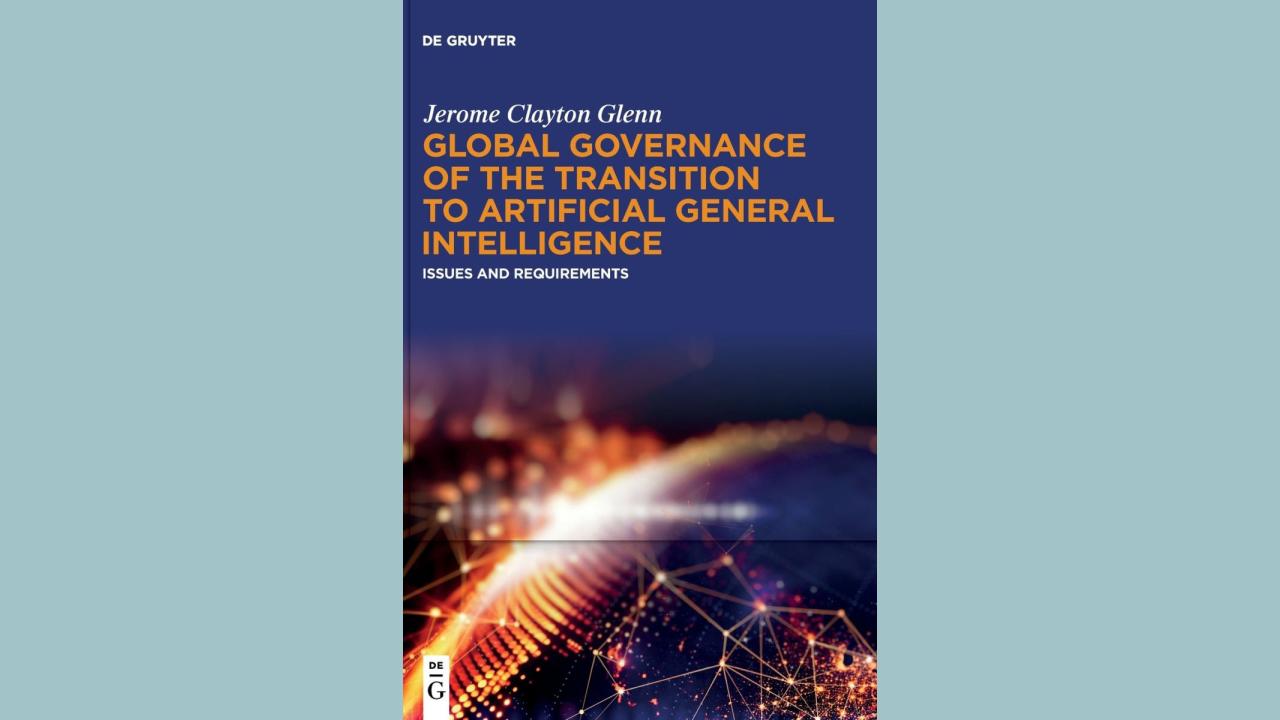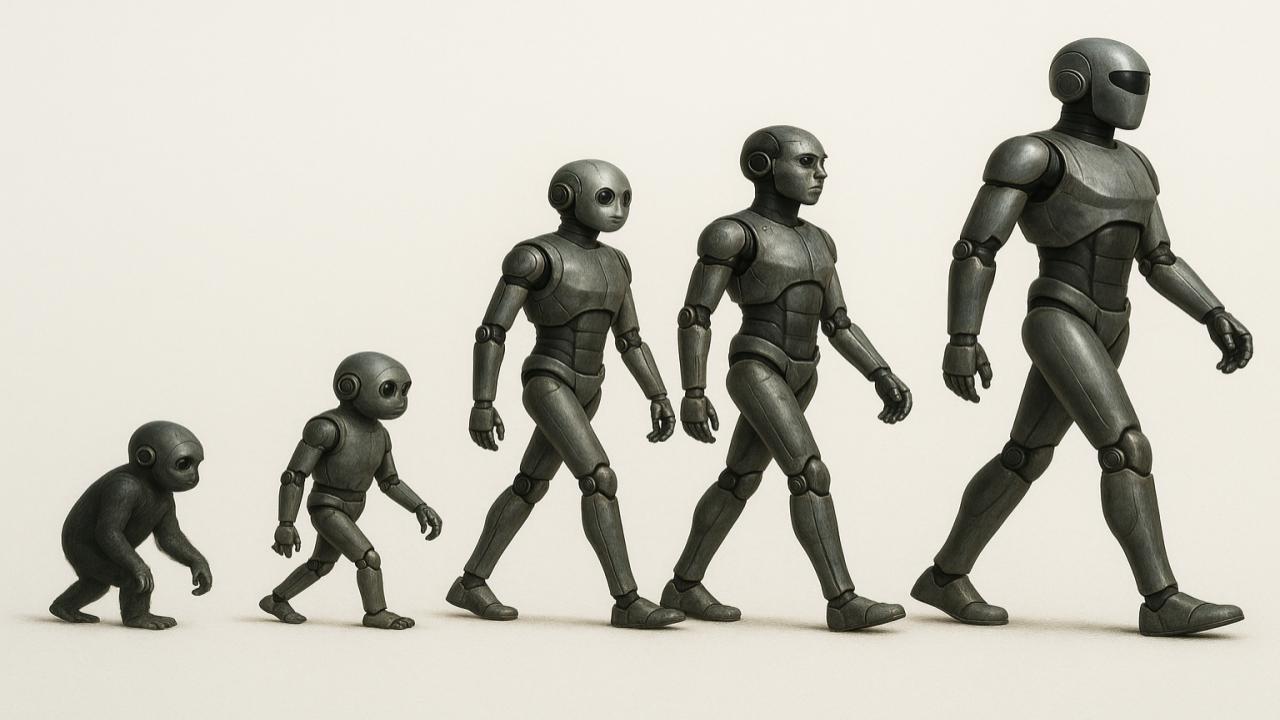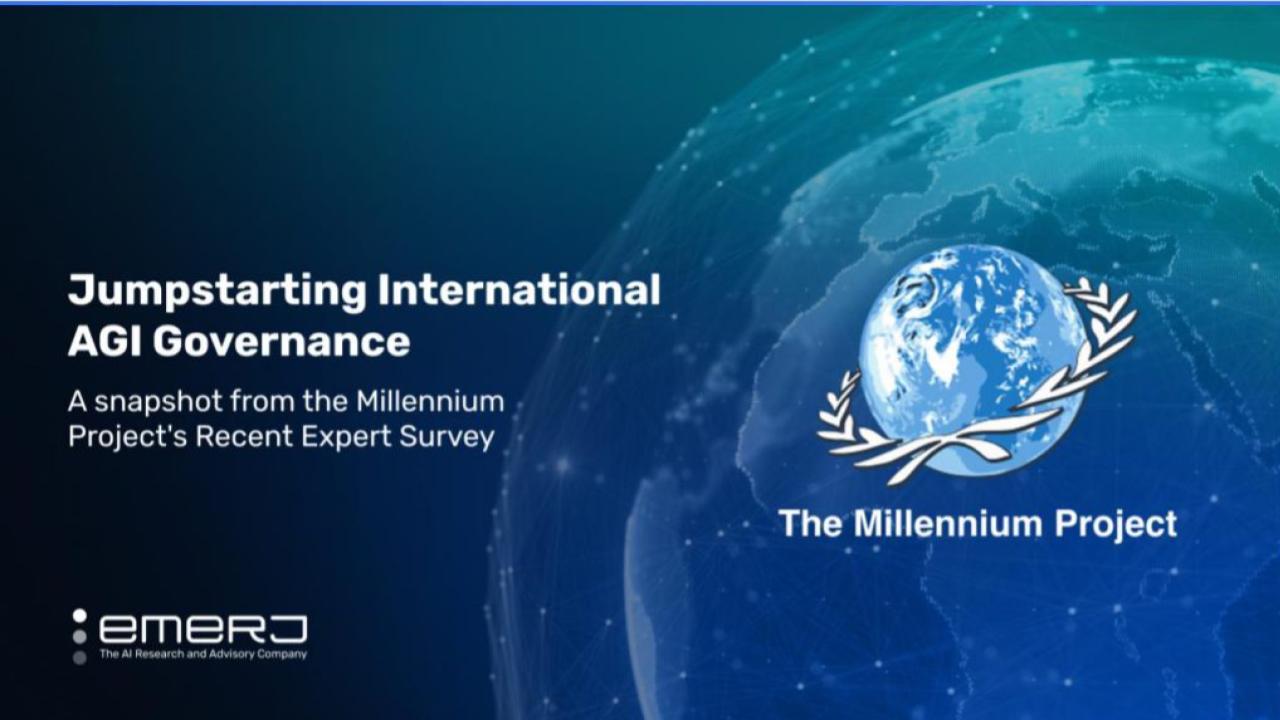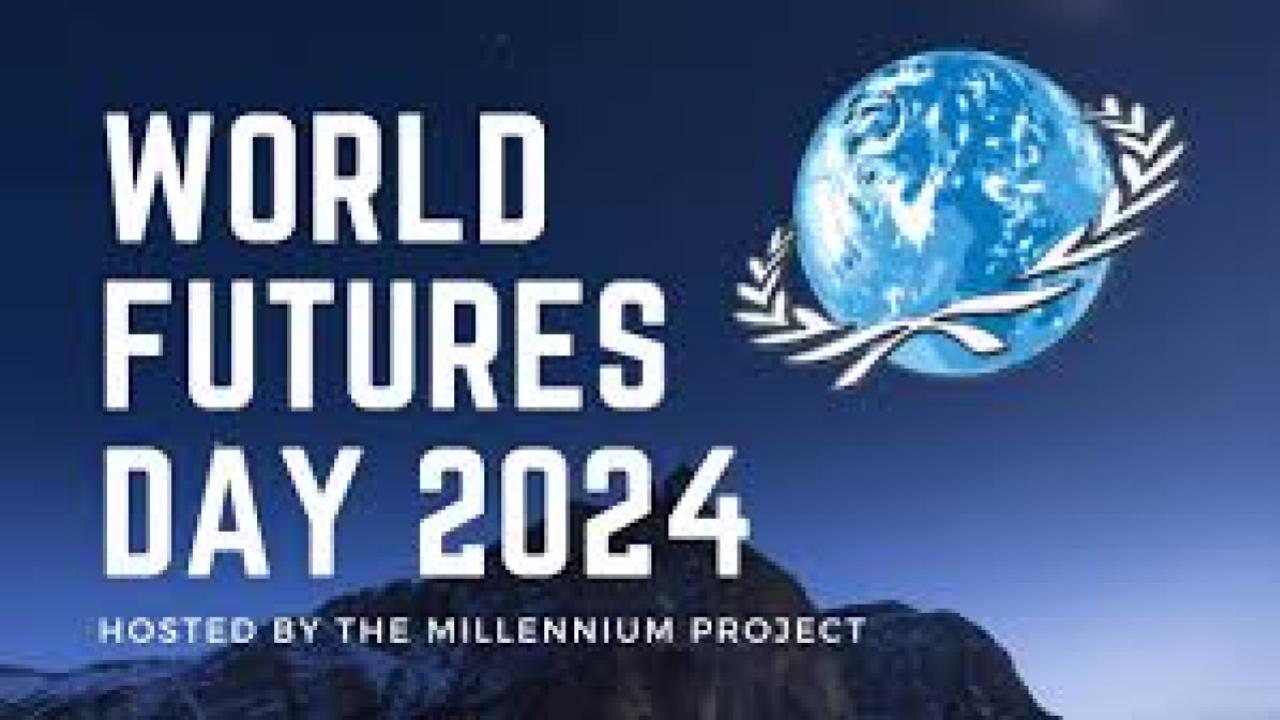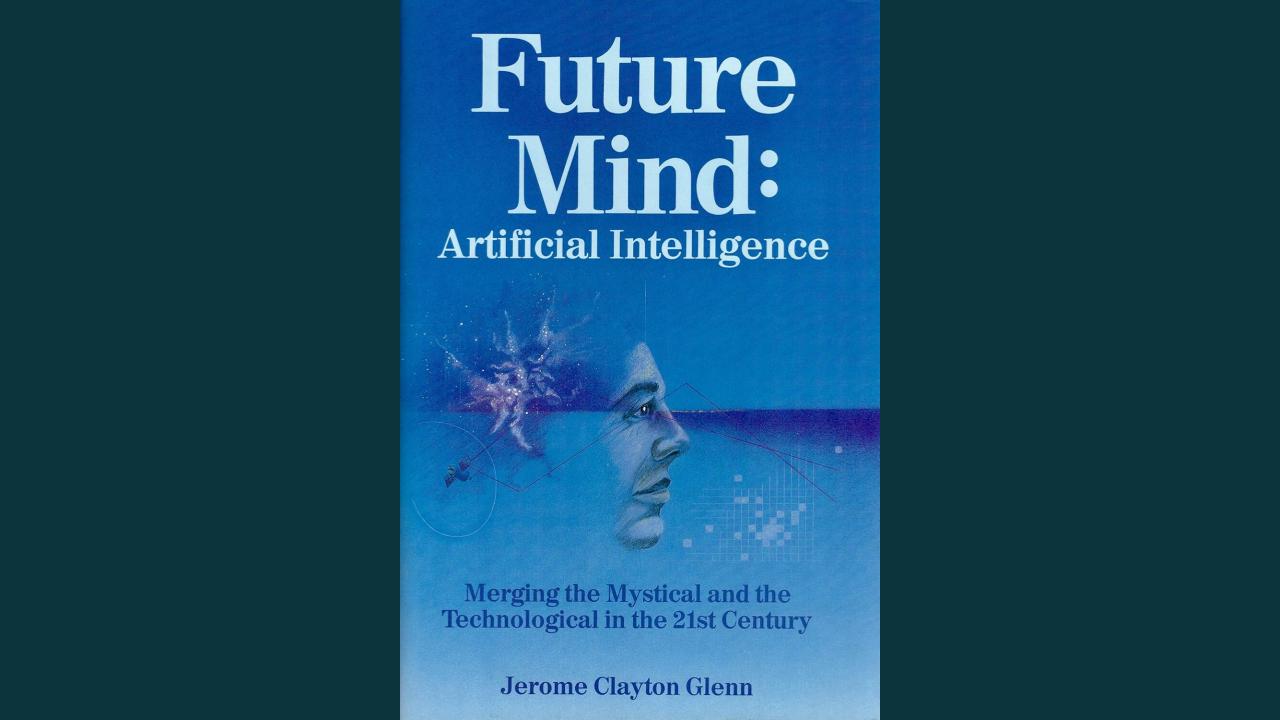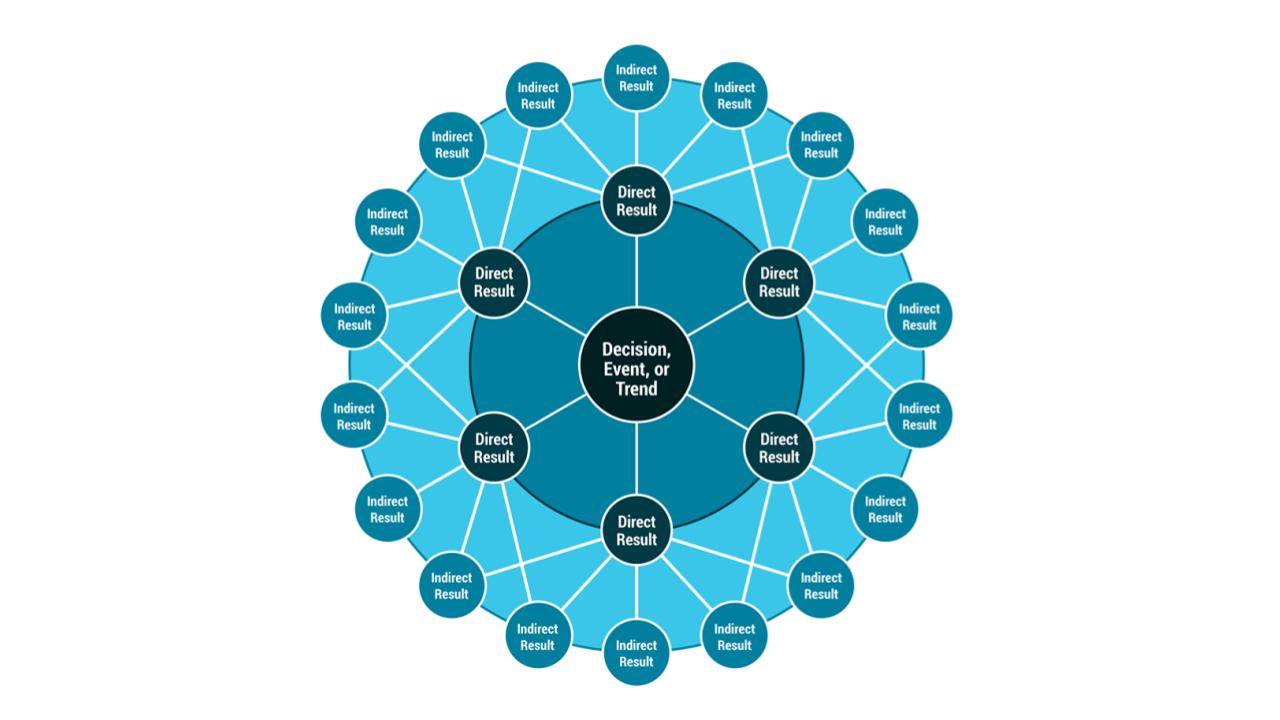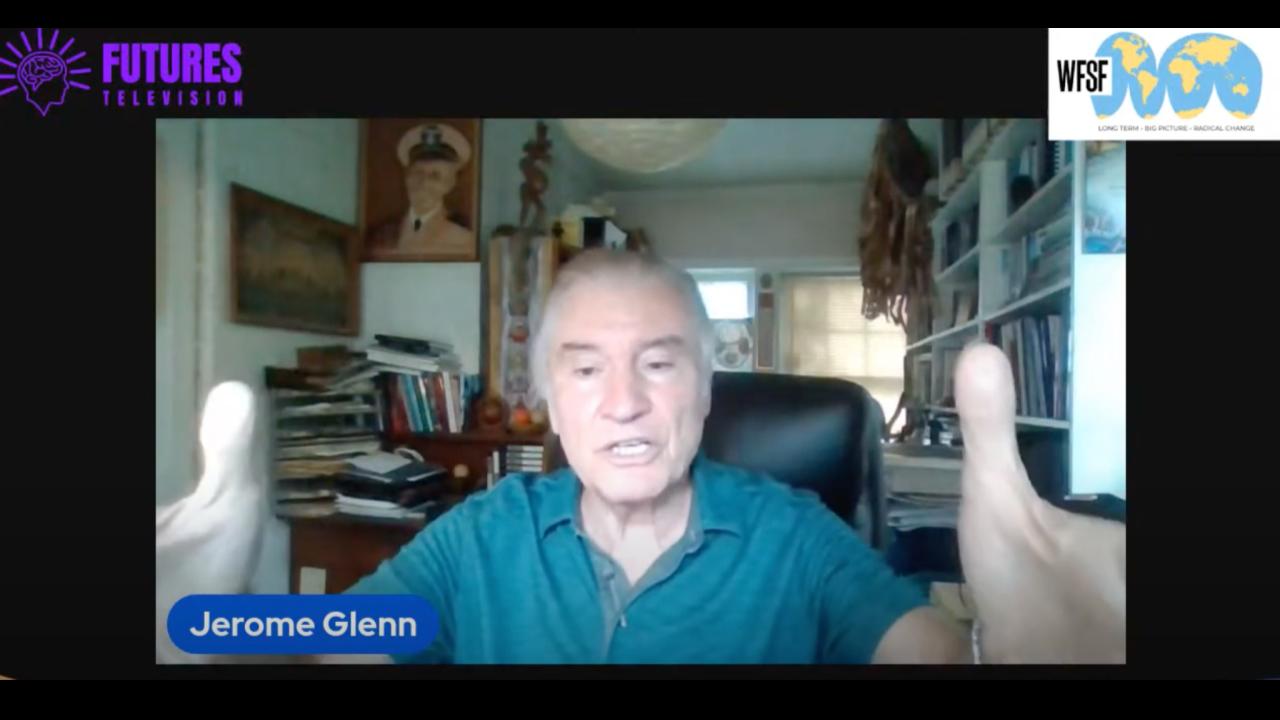The Millennium Project is a global participatory think tank established in 1996 under the American Council for the United Nations University. We became an independent non-profit in 2009 and we now have 72 Nodes (a group of institutions and individuals that connect local and global perspectives) around the world.
Purpose: Improve humanity’s prospects for building a better future.
Mission: Improve thinking about the future and make that thinking available
through a variety of media for feedback to accumulate wisdom about the future for better decisions today.
Vision: A global foresight network of Nodes, information, and software, building a global collective intelligence system recognized for its ability to improve prospects for humanity. A think tank on behalf of humanity, not on behalf of a government, or an issue, or an ideology, but on behalf of building a better future for all of us.
OnAir Post: Millennium Project

